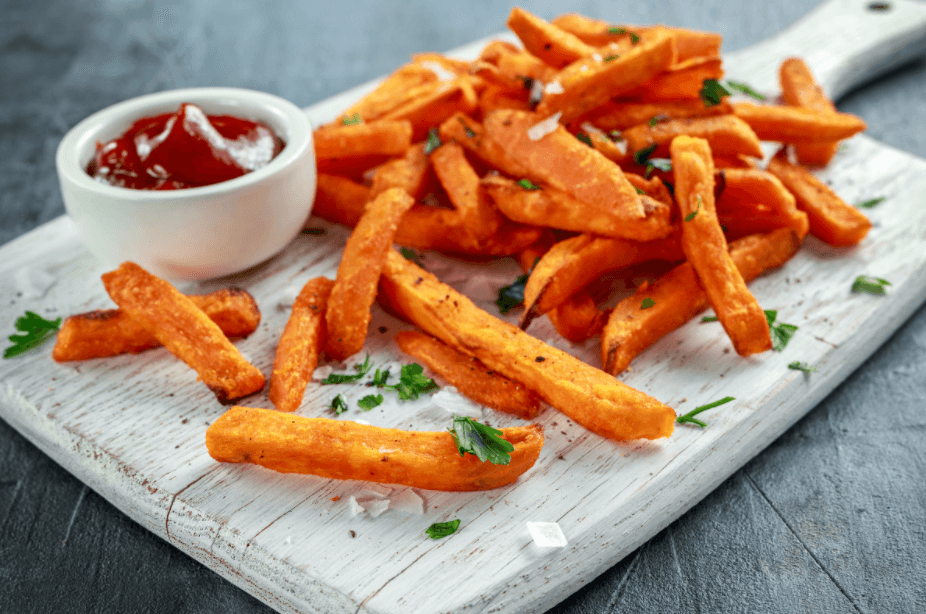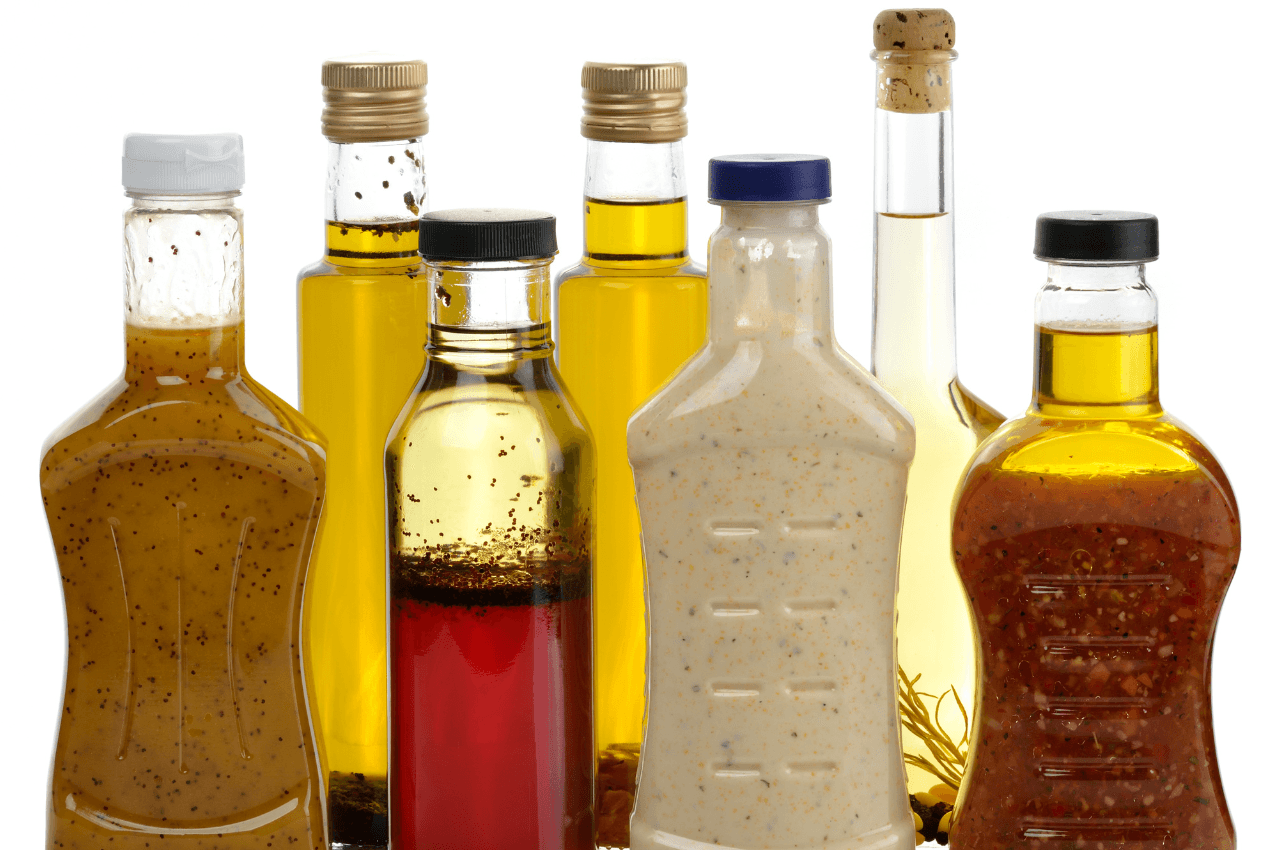How Menopause Affects Cholesterol
•Nutrition

Share
With menopause comes a lot of changes, physically, mentally and emotionally. Your metabolism changes and weight loss becomes even more of a challenge.
Aside from a slower metabolism and loss of muscle mass, the long-term effects of menopause can contribute to higher levels of bad cholesterol. Let us explain why!
Hormonal Imbalance
Your hormones run wild during menopause, and this contributes to the typical symptoms you hear about such as hot flashes, mood swings and fatigue. What a lot of us don't know is that these hormonal changes can progressively increase cholesterol levels.
Certain health risks increase during and after menopause including osteoporosis and heart disease. The increased risk of heart disease is why there's an increased risk of developing high cholesterol levels. There's one hormone in particular that we can thank for this.
Estrogen Decline
The biggest contributer to high cholesterol during and after menopause is because of our estrogen levels declining. The lack of estrogen impacts our body's ability to maintain a healthy lipid profile, a measurement of certain molecules, including cholesterol, in your bloodstream.
Estrogen is a heart-protective hormone, it works on the liver to regulate lipid metabolism, and as it goes down, our risk of high cholesterol goes up!
What To Do
There are so many myths and misconceptions surrounding menopause, but one fact is that you can manage your cholesterol levels. A healthy, balanced diet goes a long way.
You can check out our recommended foods to eat to ease symptoms, but to lower your cholesterol, try adding these foods to your diet:
- Foods With Soluble Fibre: Beans, chickpeas, peas and lentils
- Wholegrains: Barley, oats, brown rice and wholemeal bread
- Fibre Supplements: Psyllium, bran and pectin
- Omega-3 Fatty Acids: Salmon, walnuts, olive oil and avocados
It's important you understand your cholesterol and get regular check-ups to stay on top of your health. Just because your estrogen levels are declining, your health doesn't have to!






